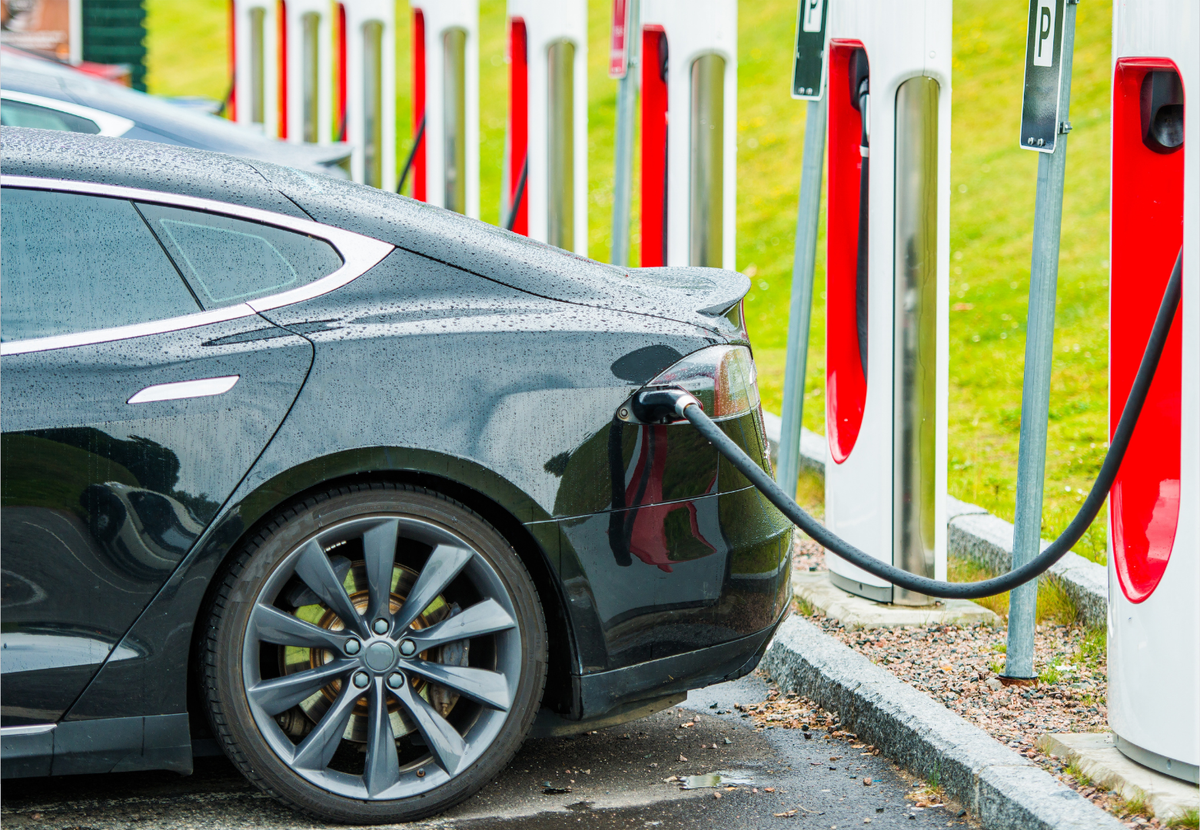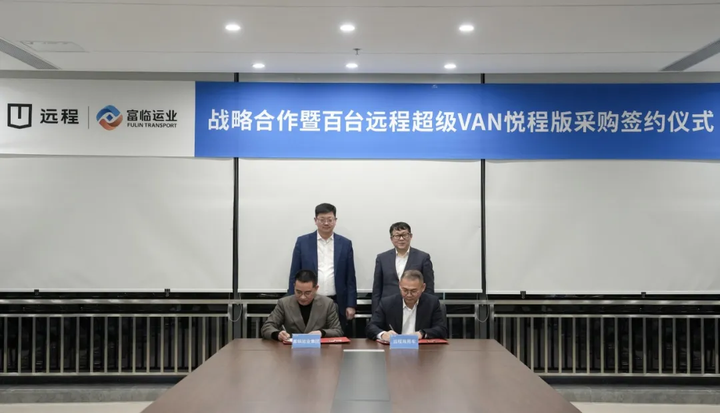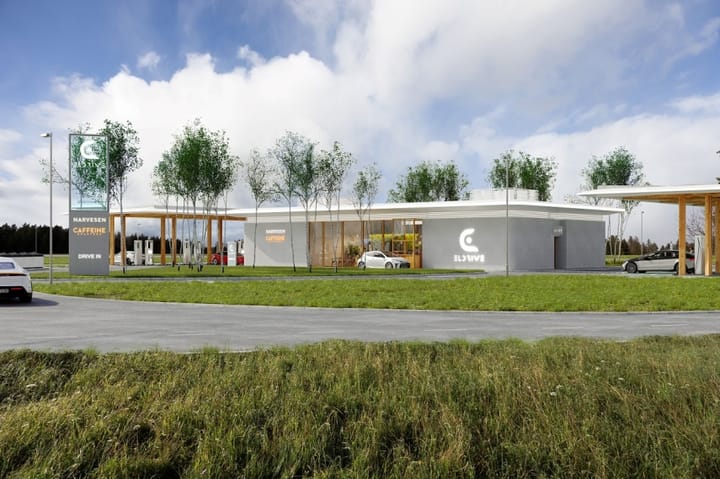Electric Vehicles Fall Short in Quality, Study Reveals

A recent study by J.D. Power indicates that electric vehicles (EVs) are lagging behind traditional internal combustion engine (ICE) vehicles in terms of quality. The survey, which evaluated vehicle quality within the first 90 days of ownership, revealed that EVs experience 240 problems per 100 vehicles, compared to 175 problems per 100 ICE vehicles. The issues with EVs primarily pertain to software glitches, build quality, and charging difficulties.
Tesla, a major player in the EV market, showed notable improvements in quality. However, the brand still trails behind many conventional automakers in the industry. Chevrolet and Nissan, other prominent EV manufacturers, also featured in the study. The survey highlights a broader trend where newer EV models tend to have more issues compared to their ICE counterparts.
One significant area of concern is software reliability. Many EVs, being more technologically advanced, suffer from software-related problems that affect the user experience. These issues include glitches in the infotainment systems, navigation inaccuracies, and problems with the vehicle’s operating system. Additionally, charging-related problems are prevalent, such as difficulties with home charging setups, public charging station compatibility, and longer-than-expected charging times.
The build quality of EVs also emerged as a critical issue. Reports of panel gaps, inconsistent paint quality, and interior materials not meeting customer expectations were common. These build quality issues suggest that despite advancements in EV technology, manufacturers still face challenges in achieving the same level of craftsmanship as seen in traditional vehicles.
The findings from the J.D. Power study have significant implications for the EV market. As consumers increasingly consider switching to electric vehicles, their expectations regarding quality and reliability are high. The study underscores the importance of addressing these quality issues to maintain consumer confidence and support the broader adoption of electric vehicles.
Manufacturers are aware of these challenges and are making efforts to improve the quality of their electric vehicles. Continuous improvements in software development, rigorous quality control processes, and enhanced customer support are crucial steps toward meeting consumer expectations. As the industry evolves, the focus on quality and reliability will play a pivotal role in shaping the future success of electric vehicles.
Source: DonanimHaber




